The idea is to create a reliable and independent timekeeping standard that could eventually extend to other celestial bodies.
Others are reading now
The idea is to create a reliable and independent timekeeping standard that could eventually extend to other celestial bodies.
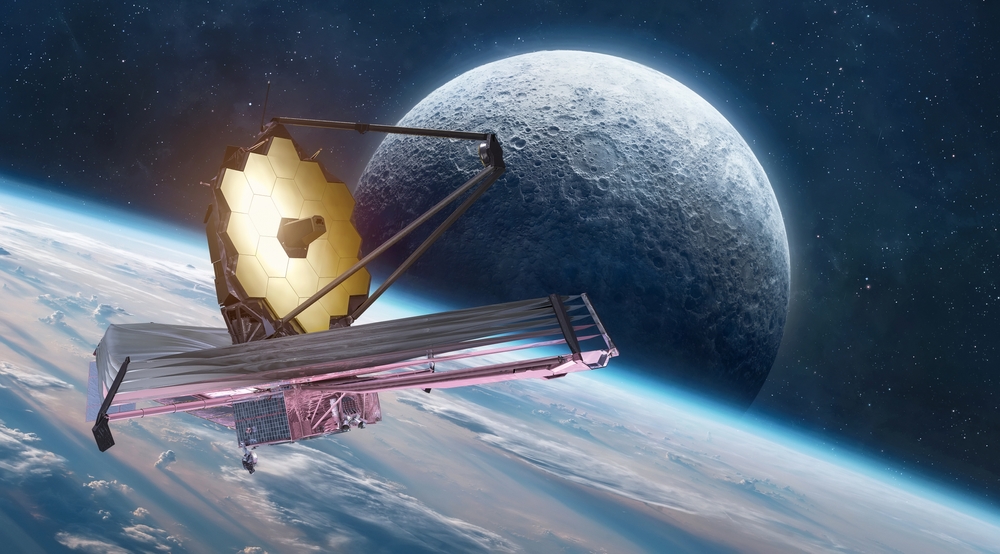
In a move that sounds straight out of science fiction, U.S. lawmakers have formally asked NASA to establish a coordinated time standard for the Moon.
It’s not a joke,. the goal is to help future space missions run on schedule as humanity eyes long-term lunar settlements.
Introducing: Lunar Time

Dubbed Coordinated Lunar Time (LTC), the proposed system is being shaped by NASA in collaboration with the Office of Science and Technology Policy.
Also read
The idea is to create a reliable and independent timekeeping standard that could eventually extend to other celestial bodies like Mars.
Why Does the Moon Even Need a Time Zone?
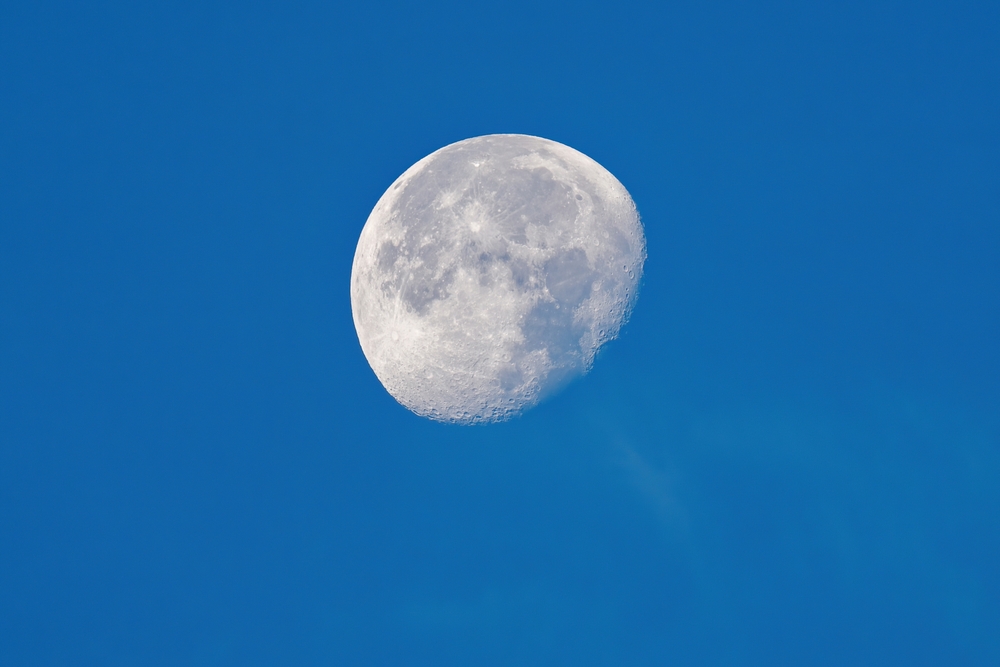
As nations and private companies plan permanent lunar bases, timekeeping becomes a logistical necessity.
With future astronauts, satellites, and robotic systems all expected to work together, a standard clock for the Moon is crucial to syncing operations, especially if Earth contact is lost.
The Celestial Time Standardisation Act
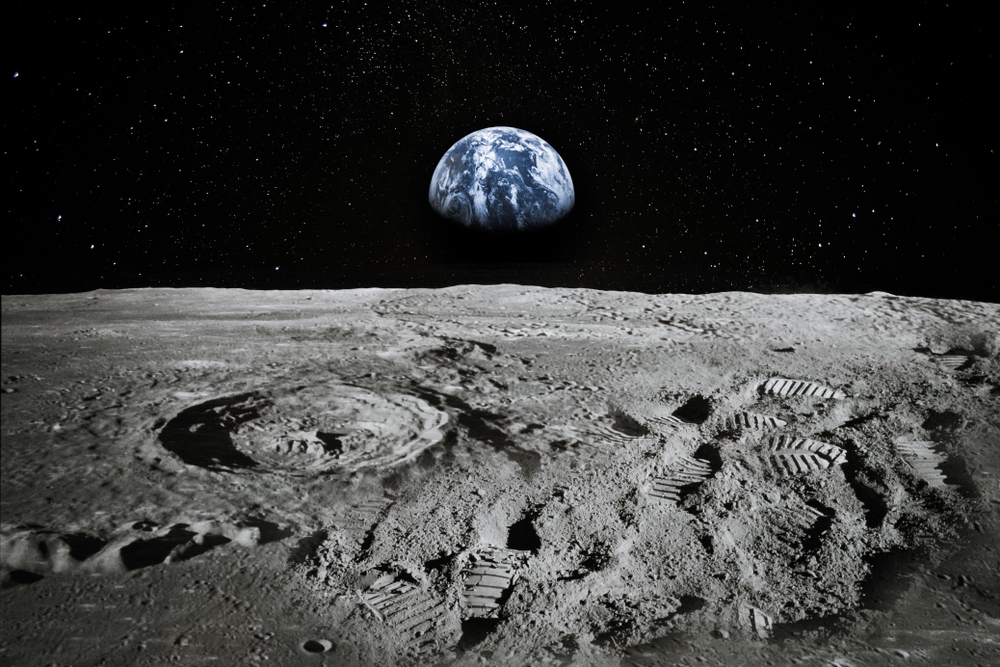
The initiative stems from the aptly named Celestial Time Standardisation Act, recently passed by the U.S. House.
The bill directs NASA to define and implement a lunar time system, with priorities on accuracy, reliability, and scalability to other planets.
Not Just a Copy-Paste from Earth
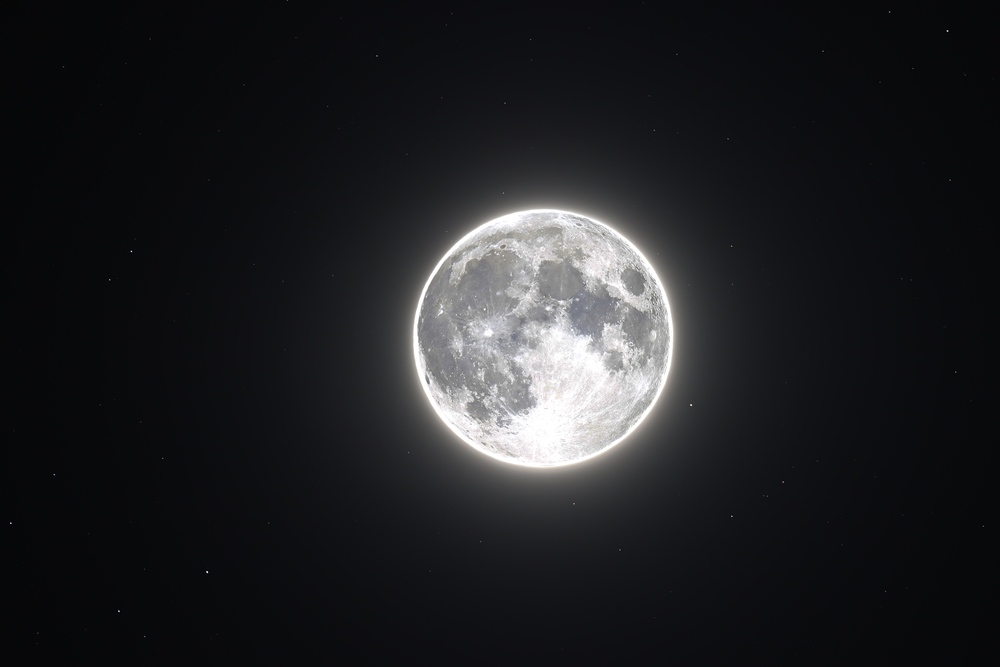
Time on the Moon actually ticks about 58.7 microseconds faster per day than on Earth due to differences in gravity and relativity.
That might sound negligible, but for precision instruments and navigation, even microseconds matter, especially in deep space.
Could It Mirror U.S. Time Zones
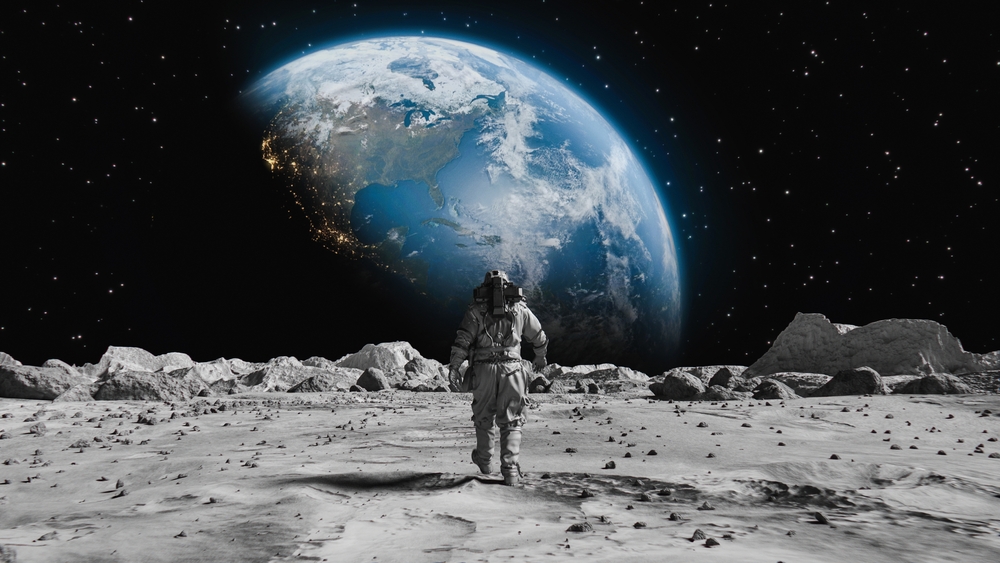
If the bill is signed by President Trump, there’s speculation that Lunar Time might be anchored close to Eastern Daylight Time, the time zone used in Washington, D.C. though this would be more symbolic than scientific.
The final standard will likely be entirely unique to lunar conditions.
Zoom Calls from the Moon?

As tech billionaires like Elon Musk and Jeff Bezos aim to establish a more permanent presence beyond Earth, the need for a shared lunar time system could soon become real.
Imagine scheduling a meeting on Moon Base Alpha: “Let’s catch up at 1400 LTC.”
Looking Beyond the Moon
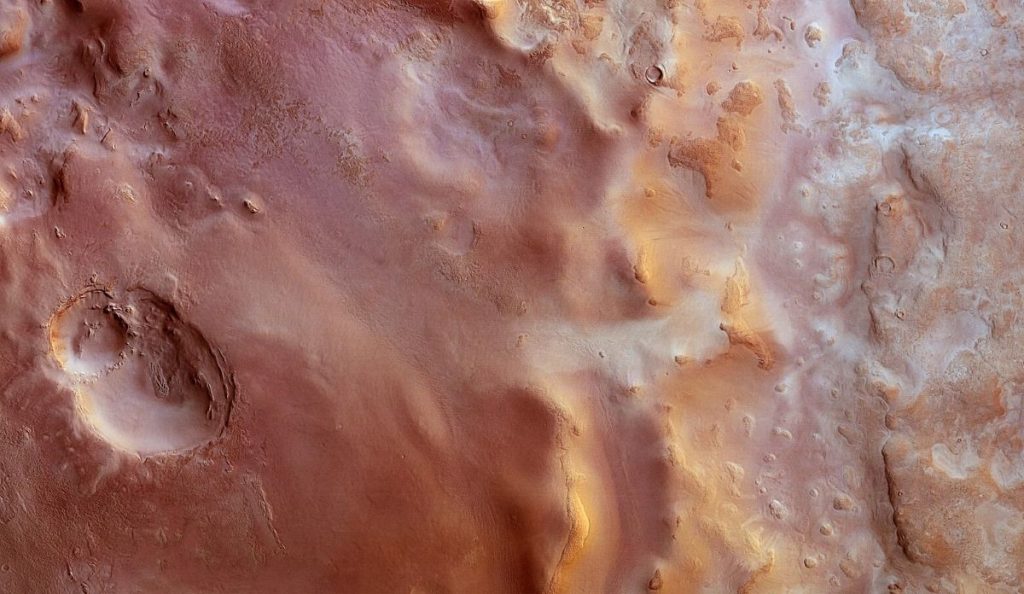
The plan doesn’t stop there. Once established, LTC could serve as a prototype for other planetary time systems.
That means future Martian explorers might also be setting their alarms to a newly minted Coordinated Mars Time.


